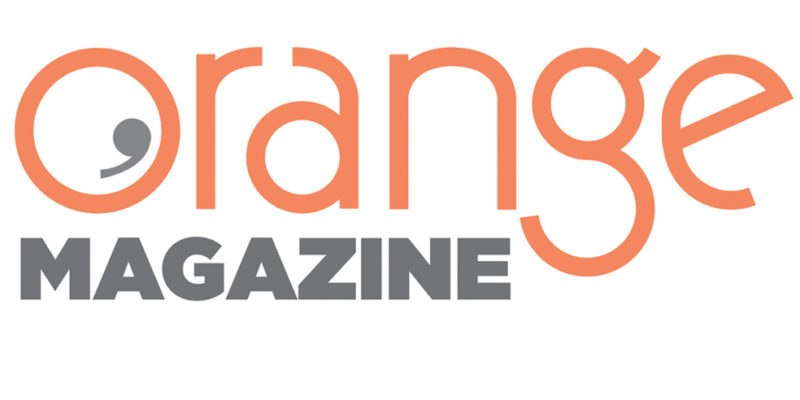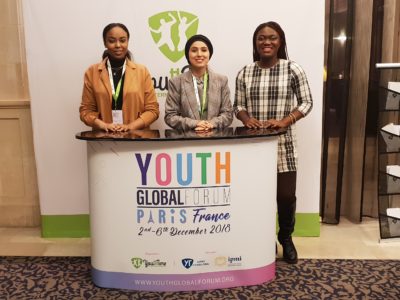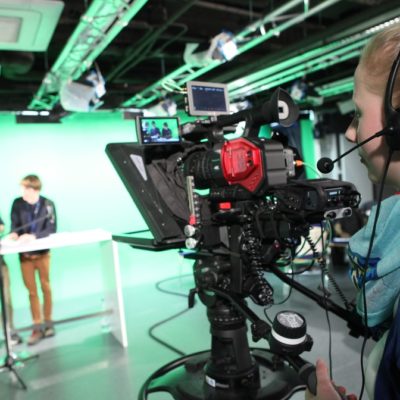We are pleased to present you a newspaper that is in its entirety a response to the fourth annual Human Rights in Film documentary festival organi- zed by the Helsinki Foundation for Human Rights in Warsaw. First, we want to make clear that this is not a collection of film reviews. Rather, the journalists who have volunteered their time were concerned less with the films and more with the actual problems of human rights abuses shown in the films. We hope that this paper encourages the reader to reflect on these extremely difficult issues. And, we hope, to take action where it is needed most.
Human rights violations take place all over the world, on every continent. In Tibet, Chechnya, Colombia, Ethiopia, this we know – but also in Europe and all over the United States. The films shown this year at the festival, despite there being so many, present only a small part of all of the human rights problems people face. But even this drop in the ocean raises an overwhelming number of complex questions:
Are there gas chambers in North Korea?
Why can‘t the Nobel peace prize winner Dalai lama live in his homeland?
How can we expect citi- zens of Chechnya not to resort to terrorism if they continue to be deprived of the right to self-determina- tion?
What is it like to live in a country like Colombia, where an average of ten politically motivated killings occur each day?
What makes people so desperate that they cross deserts and seas to live as refugees?
We watch films and listen to the experts and we hope we‘ll find the answers.
And with each film that we see, we imagine ourselves in the shoes – or the bare feet, as it were – of the people we see on the screen. And the biggest question of all overwhelms us:
What would I do if my rights were violated this way?
It is obvious that there are human rights abuses going on in Tibet and Colombia. But we are far less aware of the human rights violations in Poland, in the rest of Europe, and in the USA.
First, let‘s ask, why are human rights so important?
The common definition is that human rights are the umbrella that shields individuals from the state’s interference into their personal sphere of life. Human rights provide each of us with the opportunity to be whoever we want to be.
Human rights have to do with the relationship between the state and each individual. Such relati- ons are defined as having a vertical character. Let‘s imagine that someone complains to us and says, “my neighbors abuse me because I am gay.” Are these neighbors abusing this person’s human rights? According to the vertical character of human rights, no – because it is not the state perpetrating the abuse, but instead an equal. However, if a government encourages and supports people who discriminate against gay men and lesbians, and simultaneously does not enable everyone to demand justice in court, then this government is certainly guilty of human rights abuse.
Everyone ought to be treated equally by the law. Circumstances cannot lead to a situation in which the law treats somebody differently from the way it treats the rest. A judge’s sentence cannot be biased because the judge is having a bad day or has a problem with queers.
Let‘s imagine another situation. The majority doesn’t accept homosexuals, so the government passes a law that forbids gay people from driving a car. Is this discrimination? Yes. But when this government passes a law that prohibits blind persons from operating motor vehicles, then is this, too, discrimination? No. The difference lies in the necessity of this second law, and in the arbitrariness of the first.
We grasp this difference intuitively, but explaining it in human rights terms is much more difficult, and that is the struggle faced by human rights defenders everywhere. The goal of the Helsinki Foundation, and of its film festival, and our goal at Orange is to get more people thinking about human rights and related issues – and their direct and indirect impact on all of our lives today.


















